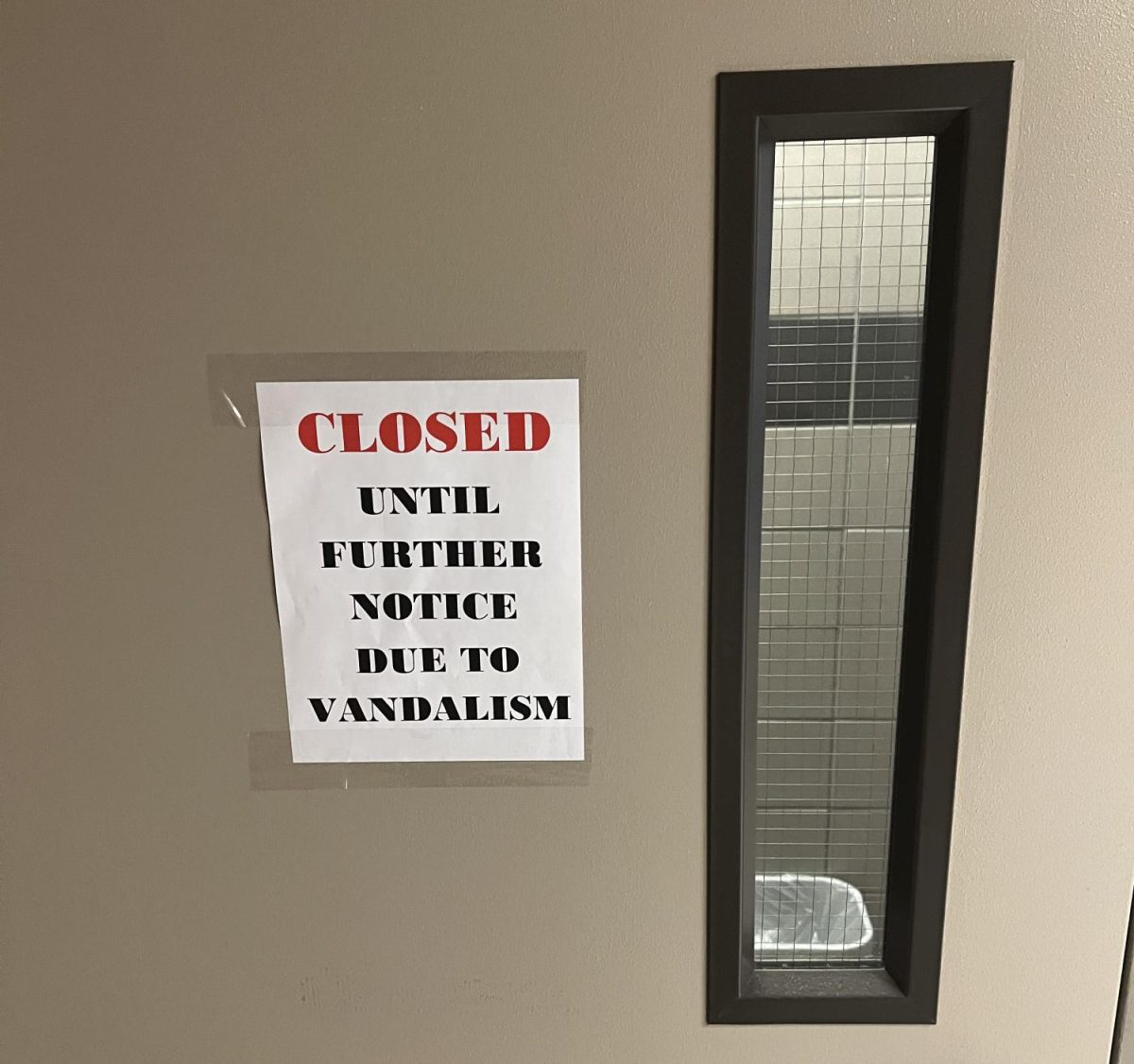Mosquitos have been on the attack lately in Larimer County. As of Aug. 20, there have been a reported 30 cases of West Nile and that number could continue to rise. It is a common practice for people to put on mosquito repellent and avoid worry, but this could be the first problem. There is a chemical in a lot of mosquito repellents called D.E.E.T. This chemical works great when deterring mosquitos; however, it is not very healthy. D.E.E.T. is effective because its neurotoxicity spreads to mosquitos, but it also spreads to humans. When the chemical comes into contact with the skin, it doesn’t immediately sink into the bloodstream, but when it does, problems can begin to arise.
The chemical first causes neurological damage just as stated above, but once it enters the bloodstream, it goes to the nervous system—known to cause seizures and in some cases even death. According to the United States Environmental Protection Agency, military troops who were heavily exposed to D.E.E.T. reported many of its negative side effects, including loss of brain cells that control muscle movement, concentration, learning, memory, and more.
Some ways to decrease any chances of getting the side effects of D.E.E.T is to never use it in conjunction with over-the-counter medicine because D.E.E.T. is moderately toxic and the combination can cause chemical reactions. It is highly recommended to look at how much D.E.E.T. is in the bottle before purchasing mosquito repellant because higher concentration of the chemical obviously increases the user’s chances of getting some of the side effects.
All of this evidence can lead many people to ask why D.E.E.T. is still being used. D.E.E.T. is a really strong mosquito repellent and although it isn’t as safe, it generally beats other options that don’t contain D.E.E.T. because they tend to not repel mosquitos very effectively and could still have unknown side effects on the body. D.E.E.T. will continue to be used until a better option arises, and that option could already have been found. Catnip is a chemical that is 10 times more effective than D.E.E.T. and thus far has been shown to be safe to humans. Catnip is continuing to undergo tests but it can be made at home. Other possible solutions are to use soybean oil or natural products.



















Ethan Coldren • Sep 21, 2013 at 3:25 pm
The last sentence is very important. However, it contradicts an earlier sentence that says “D.E.E.T. will continue to be used until a better option arises…”. Does anyone actually use DEET anymore? There are much better and safer options available. I read an article earlier that had some interesting information, but I can’t find the link. However, http://articles.mercola.com/sites/articles/archive/2003/06/07/mosquito-bites.aspx is quite similar.